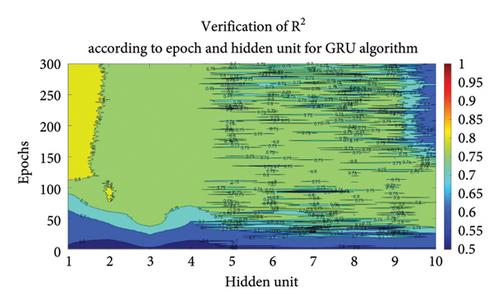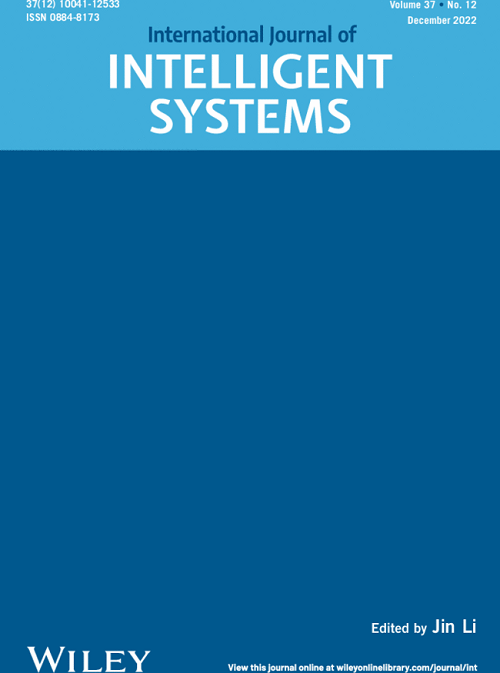Hyperparameter Optimization of the Machine Learning Model for Distillation Processes
Abstract
This study was conducted to enhance the efficiency of chemical process systems and address the limitations of conventional methods through hyperparameter optimization. Chemical processes are inherently continuous and nonlinear, making stable operation challenging. The efficiency of processes often varies significantly with the operator’s level of expertise, as most tasks rely on experience. To move beyond the constraints of traditional simulation approaches, a new machine learning-based simulation model was developed. This model utilizes a recurrent neural network (RNN) algorithm, which is ideal for analyzing time-series data from chemical process systems, presenting new possibilities for applications in systems with special chemical reactions or those that are continuous and complex. Hyperparameters were optimized using a grid search method, and optimal results were confirmed when the model was applied to an actual distillation process system. By proposing a methodology that utilizes machine learning for the optimization of chemical process systems, this research contributes to solving new problems that were previously unaddressed. Based on these results, the study demonstrates that a machine learning simulation model can be effectively applied to continuous chemical process systems. This application enables the derivation of unique hyperparameters tailored to the specificities of a limited control volume system.


 求助内容:
求助内容: 应助结果提醒方式:
应助结果提醒方式:


